Bio
‘I don’t know why you do this to yourself’
I had never run more than 10km before, but my need to stretch boundaries overrode common-sense. Everyone around me had doubts. ‘You haven’t trained for it, running is a new discipline for you, start small and build-up,’ but fun-running held no appeal. I’m not even sure what fun-running means.
I heard that on an ultra-run (classified as anything above marathon distance) physical and mental pain took you to a whole new place, sometimes dark or sometimes joyous, deep within yourself but connected to nature. People described it as a ‘spiritual awakening’. Maybe that’s what I was looking for.
We assembled at six on a chilly, autumn morning, me and the other 300 entrants for the London-to-Brighton footrace. Our starting point was on Blackheath, a large, flat, treeless plain, criss-crossed with roads and ringed with bars and restaurants in the south-east of the city. A few ghosts hovered around, memories of coke-fuelled binges, robberies, a kid nearly bleeding to death in the back of my car. The area was one of my old hangouts, but it felt good to be back.
As the top of the sun crested the skyline I looked around. Most of the others seemed edgy, shuffling, biting their lips. I was already high, head surging with the dew and air and people.
2012 was the last purists’ race, the final self-navigated year on that route. Now they have signposts and maps, even guide runners to lead you along. Back then it was you, your provisions and a compass. The starting pistol fired and bang! Off you went, 106km cross-country, from the capital to the sea, as quickly as you physically could.
For the first third everything was smooth and under control, the boring bit. There’s no challenge in running comfortably.
My hips began complaining on a grass trail in Surrey after about five hours. It originated as a dull ache, either side of my lower-waist before sharpening into intense pain over the next 4-5 km. That’s when it got interesting. My pace did not slow.
Endurance sport hinges on pain, which is why it attracts a certain kind of athlete. You begin an event with your fitness and strength but you finish it only with stubbornness. Hip-ache was just a teaser of what would come.
I ate a couple of flapjacks, drank some of the flat cola from my backpack and pressed on. The throbbing stayed with me and grew worse, steadily joined by stabs from every other joint below my ribs – good. If you’re not hurting, you’re not trying.
I got lost in the fields after East Grinstead and started following a wide-eyed beanpole from Holland. He had that craziness about him, the absorption of the hopeless addict, but he claimed to know what he was doing and I believed him. We meandered way off course, along a winding hedgerow, before finding a gap into a farmer’s field. The old guy spotted us and jumped out of his tractor, swearing, gesticulating wildly. His big, woolly dog barked its head off. The two of us scampered away laughing like schoolboys.
By the three-quarter mark, on a towpath near Haywards Heath I had left the disorganised Dutchman long behind and felt deliriously, insanely happy. The body’s internal drugs are as powerful as any you can buy. This kind of event teaches you that.
Endorphins erupted, adrenaline surged, while birds sang and breeze laced with wildflowers tickled my sweaty skin. It was mid-afternoon by then and I had been running for nine hours straight, most of it alone.
16km from the sea I drew level with a woman, the first fellow runner I had seen in a while. She wore the number 76.
“I think I’m in second place” she coughed, looking sideways, grim-faced. “I’m struggling though. My back is torture.”
I had banished all my pain by then, locked it away, a trick I learned to perfect. “Come on” I smiled, “we’ll run together.”
“Thanks.” She eyed my bulky shoulders and arms suspiciously. “You don’t look like an ultra-runner. What do you do?”
“I row.”
“So why are you here today?”
“I just wanted the challenge. What about you?”
She seemed better already. The conversation had fired a hormonal reaction and given her a lift. Emotional, chemical and physiological states all combine on the road. You learn that too.
“Oh I’m obsessive.” She said. “I do all of these I can. I competed in the world championships at Mont Blanc six weeks ago. My legs still haven’t recovered. That’s why I’m not having a great race.”
‘Wow.’ I thought. What a privilege to run with an elite competitor.
The best ultra-runners are usually anonymous. It’s not about glory for them. Spectators are sparse and prize money scant. They have other reasons. A light rain fell.
“I started seven years ago.” She went on. “I was diagnosed with stage two breast cancer and had to have a double mastectomy. After the operation I felt so low, so useless. I lay in hospital, thinking ‘what have I done with my life?’ I hadn’t done anything, you know, nothing worth doing. I realised I’d never properly lived, never used my body to its fullest. I owed it to myself to do that.”
I felt like hugging her. If we had not been running, maybe I would have. Her words resonated with my own situation so deeply.
“So I entered a 5k” she continued. “Then a 10k, then a half marathon, then a marathon. Every time I upped the distance, I found I needed something new to inspire me, a greater challenge. That was six years ago. Now here I am!”
Our resolve deepened as the rain grew harder. We pounded the fields, then the streets, side by side. For those last two hours, 76 and I were kindred spirits.
On the edge of town, we caught and passed the woman in first. She had her chin on her chest and moved in stuttering, staccato strides. Her breath wheezed. She looked ghoulish, half dead.
A few hundred metres on, I shot a glance over my shoulder and saw her motionless, face contorted, gazing after us with her hands on her hips. Her eyes said, “Why now? I came all this way and you pass me now?”
I don’t know if she ever got to the end.
We almost sprinted the last 3km – 76 had won! I congratulated her as we breasted the line on Brighton beach, squeezing her hand before we parted. For me it had been perfect. I established heartfelt communication with another human being.
My wrist monitor told me I completed the course in just over twelve hours and burned 11,500 calories. I would need something sweet and something salty as soon as possible.
With the sun setting on the water I hauled myself off the pebbles, towards town to find a taxi. The change from running to walking, on the pavement, brought home the full physical reality of what I had done. My body seized up, back like an ironing board, buttocks like boulders. I felt sick. My hands shook.
Fashionably dressed people stared as they passed by, on their way out to bars and restaurants. To them I must have looked like a junkie.
The cabbie was a chatty one. We had an hour together in the car, on the M23 all the way back. He rattled on about how expensive football tickets and pints are these days and how London was being ruined by gentrification. I smiled and listened. None of it meant much to me. He asked what I had been up to, so I told him.
“You’ve just run all this way?” He cried, incredulous. “I can’t believe what you’re telling me!”
After parking he had to help me out of the back seat and up to the house. My joints had set solid. My calves had cramped into cricket balls, making my toes curl. My quadriceps were like marble slabs. Feet and ankles had swollen inside my shoes, while pus oozed from spectacular blisters onto my socks. Standing under my own strength was impossible.
“I don’t want to take your money mate.” He said. “Not after what you’ve done.”
It was a £90 fare, so I insisted.
Mum opened the door, horrified at my dishevelled state. She threw her arm around my shoulders and led me into the lounge, where I flopped on the sofa.
“I don’t know why you do this to yourself.” She said, as sleep overcame me.
The next day, they took me back to prison.
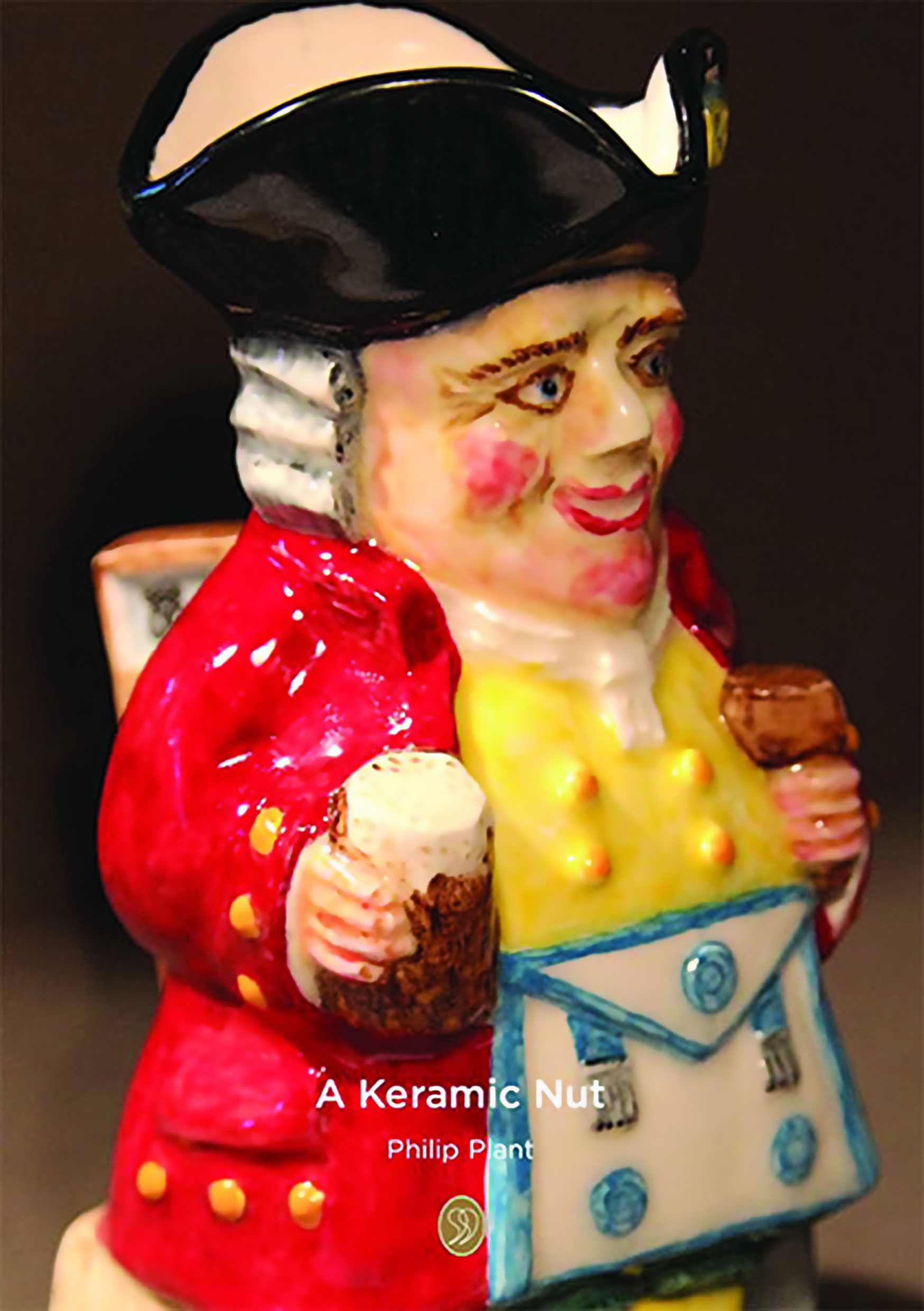

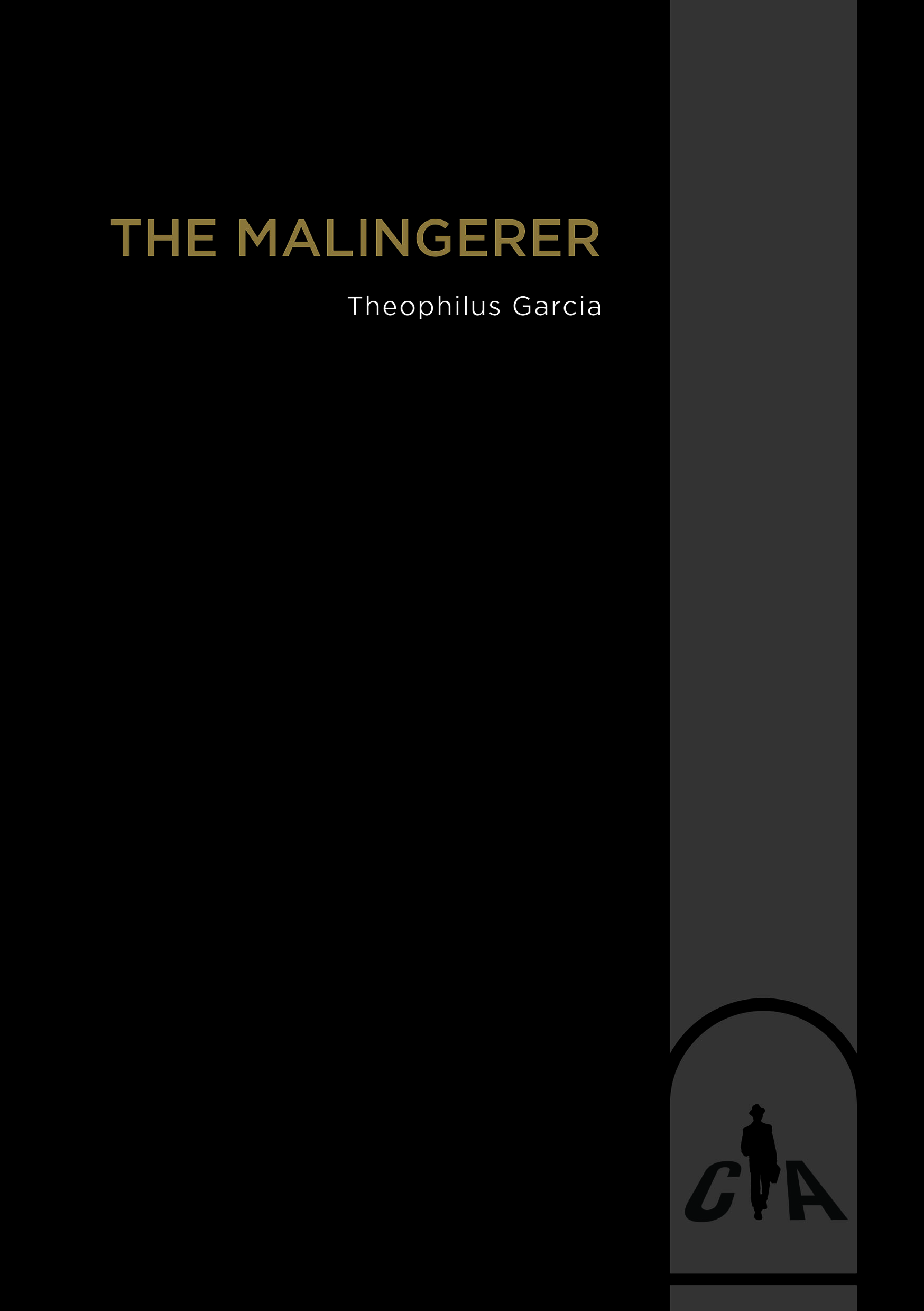

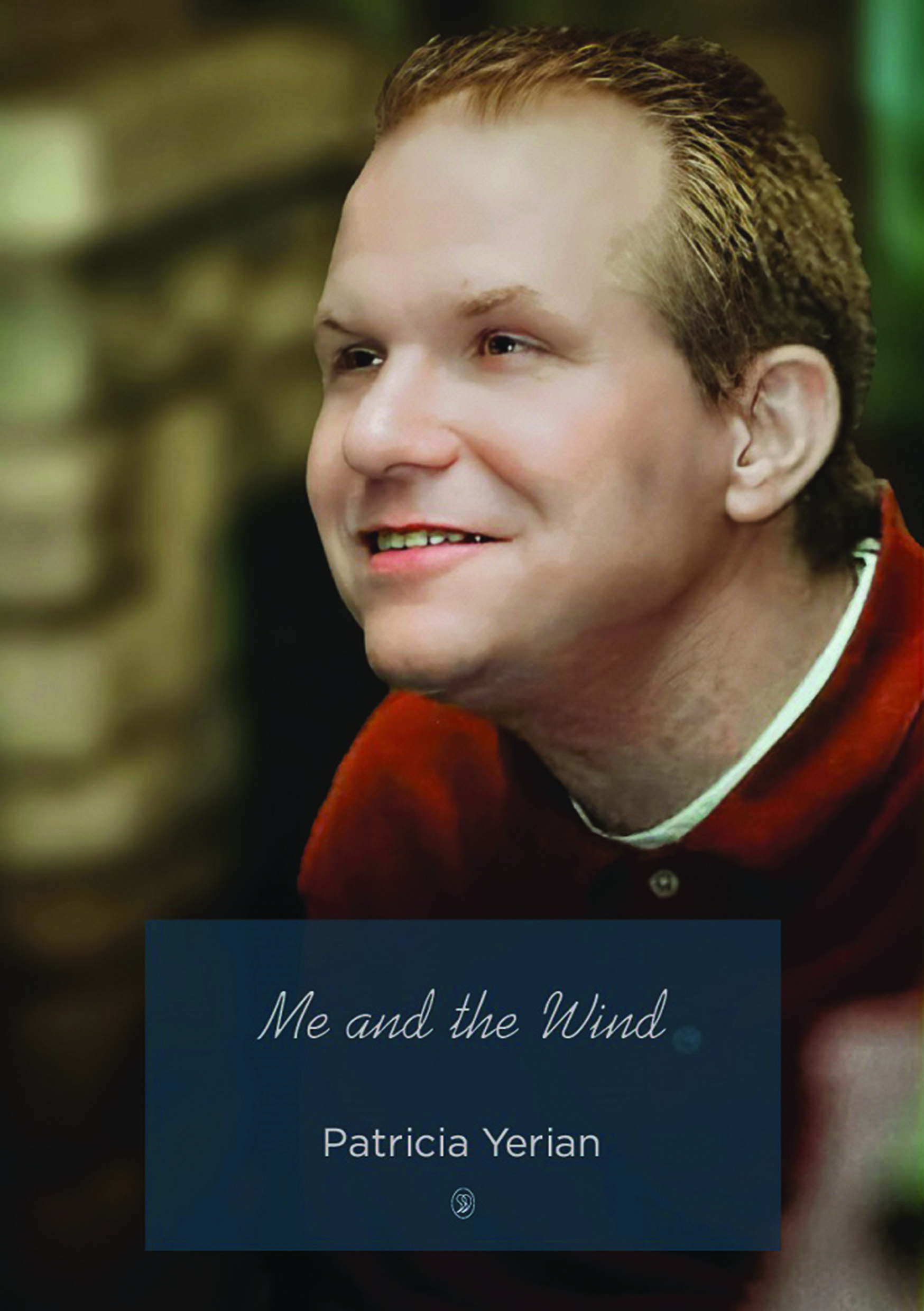

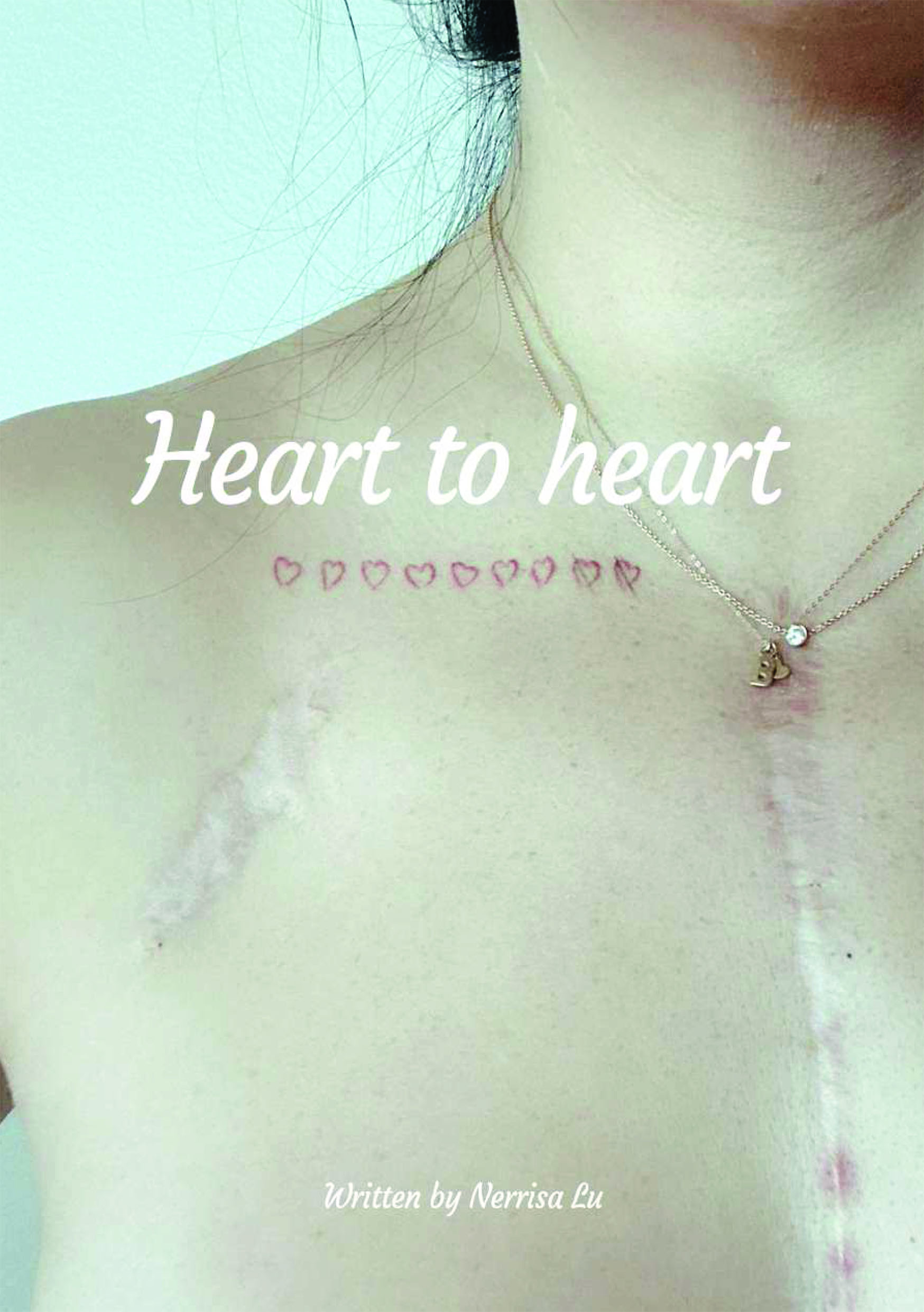

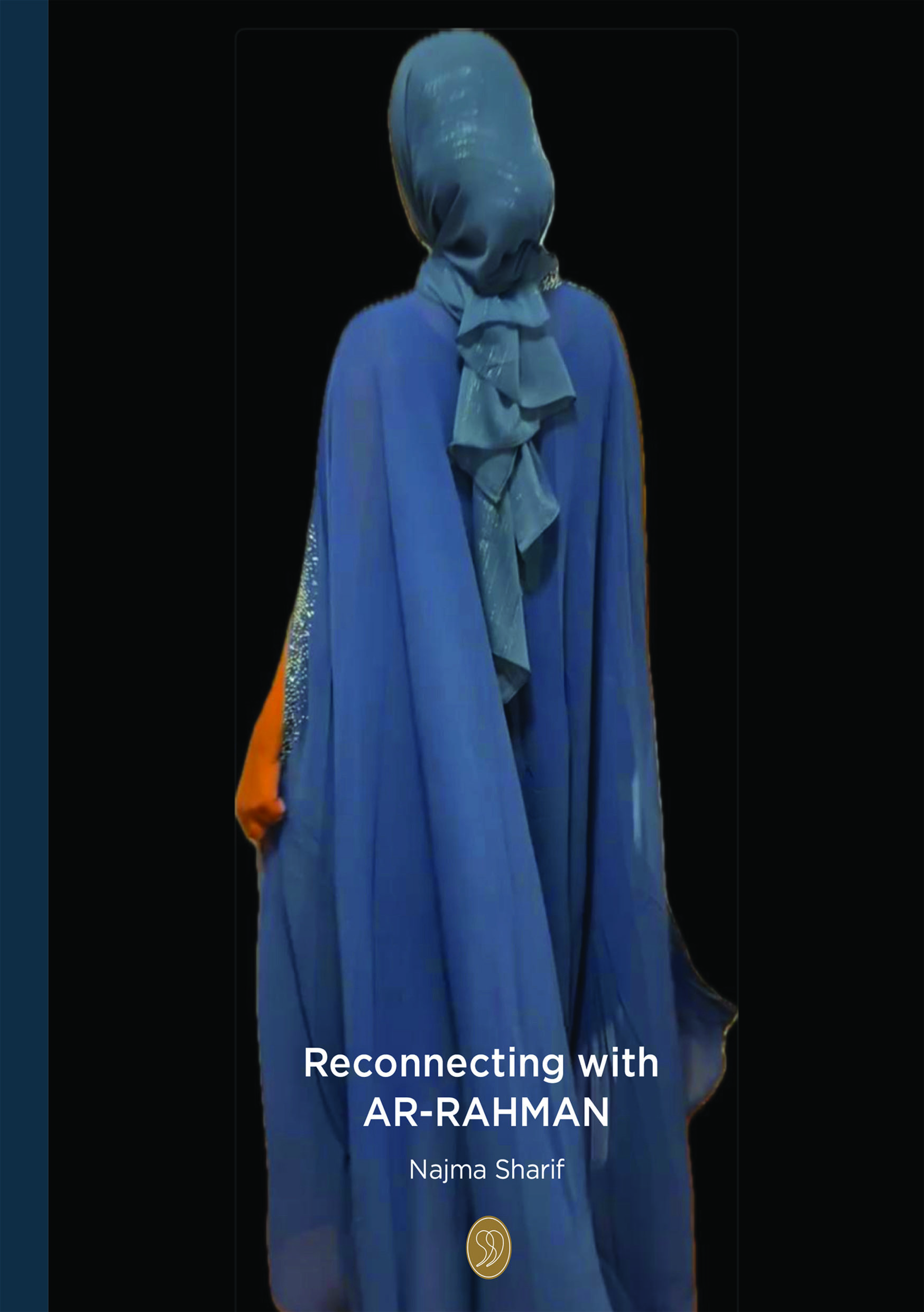

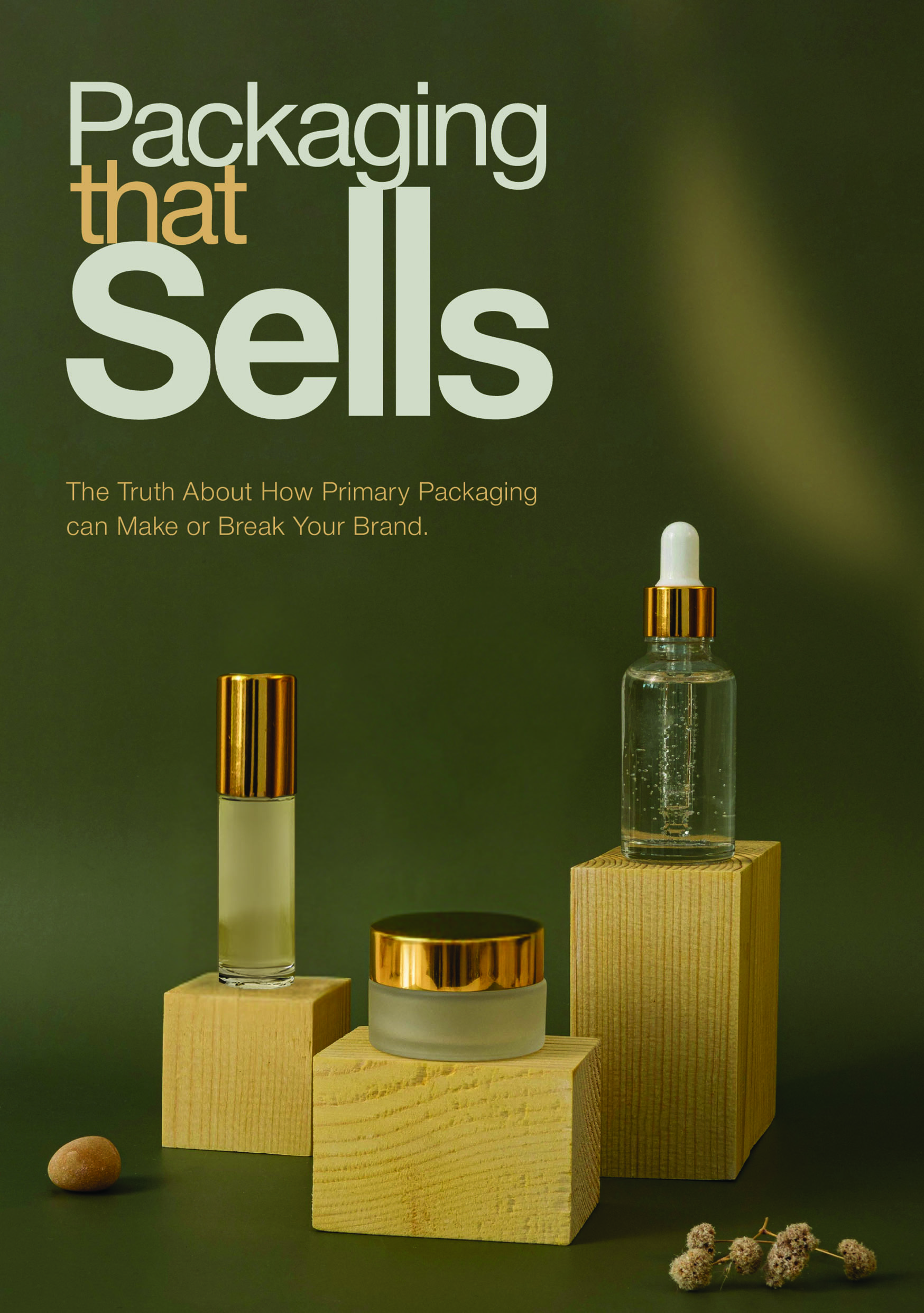

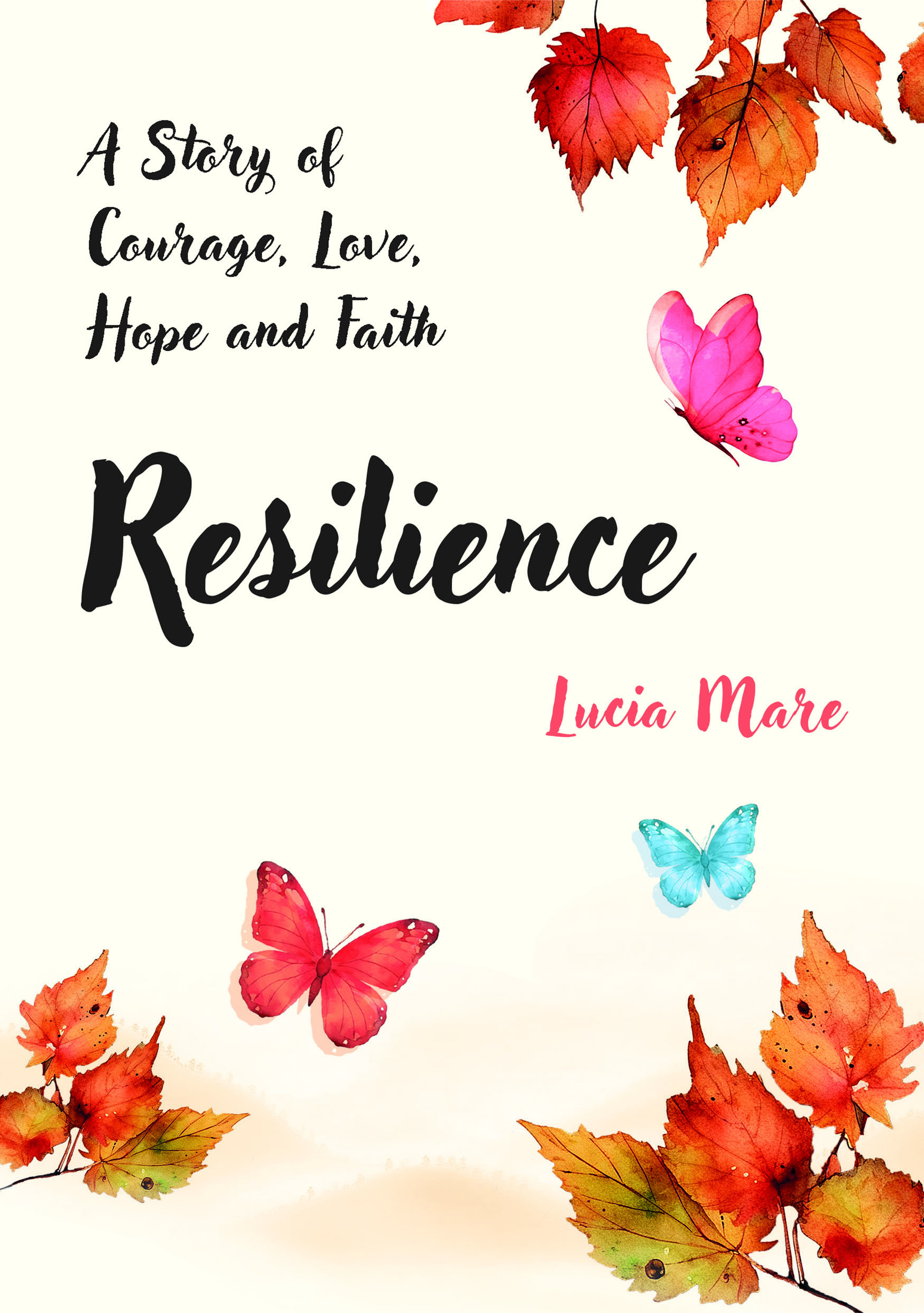

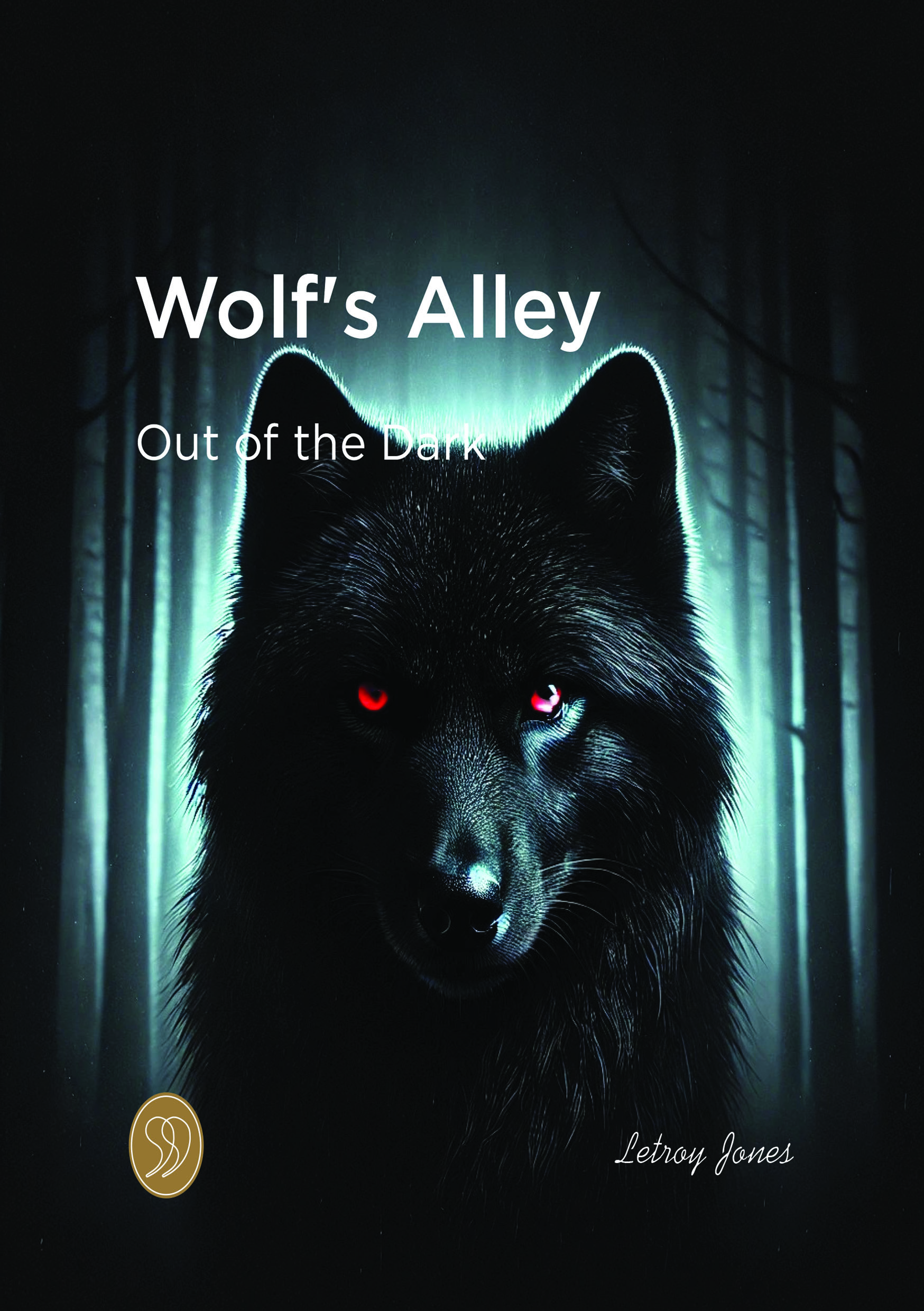

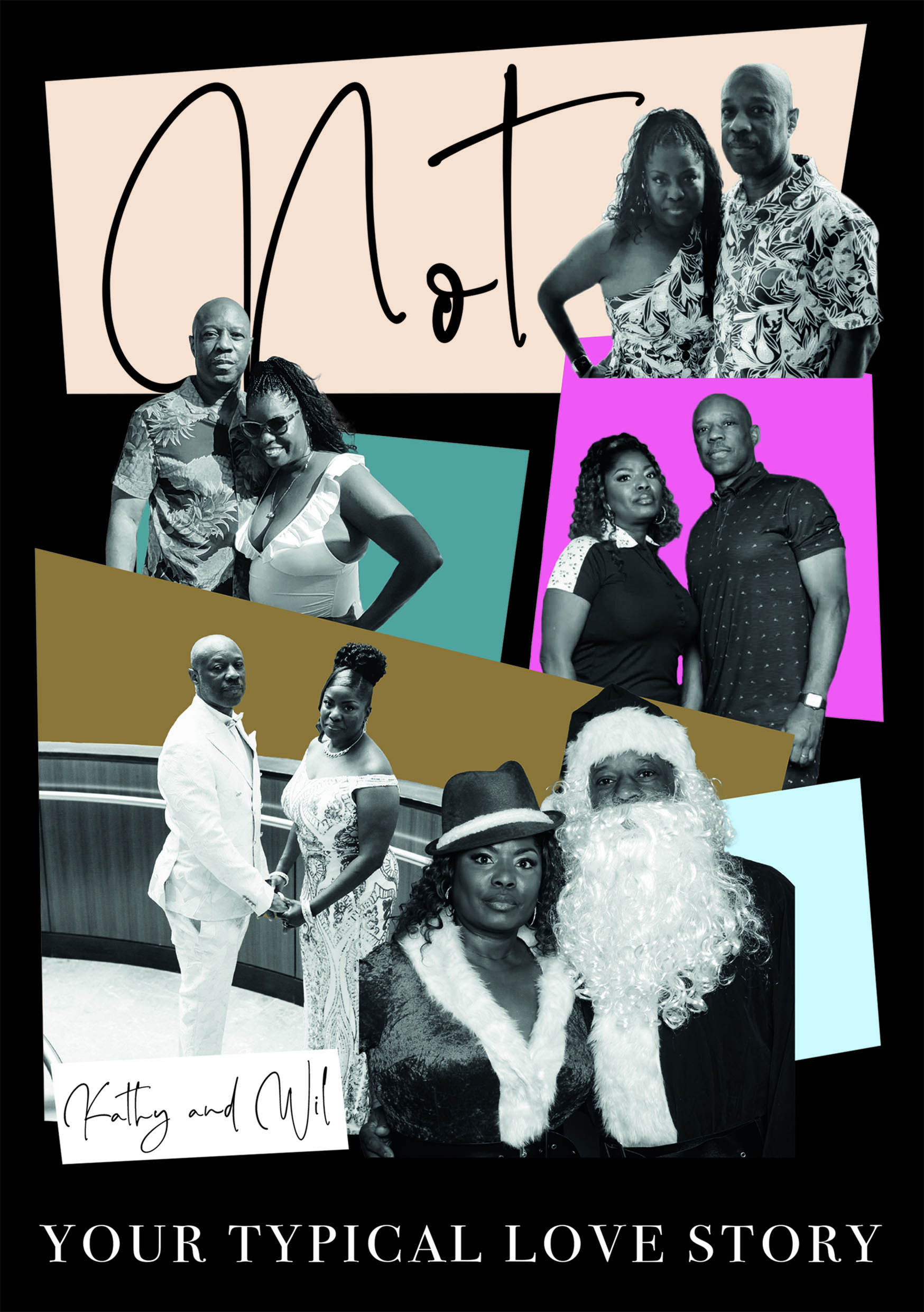

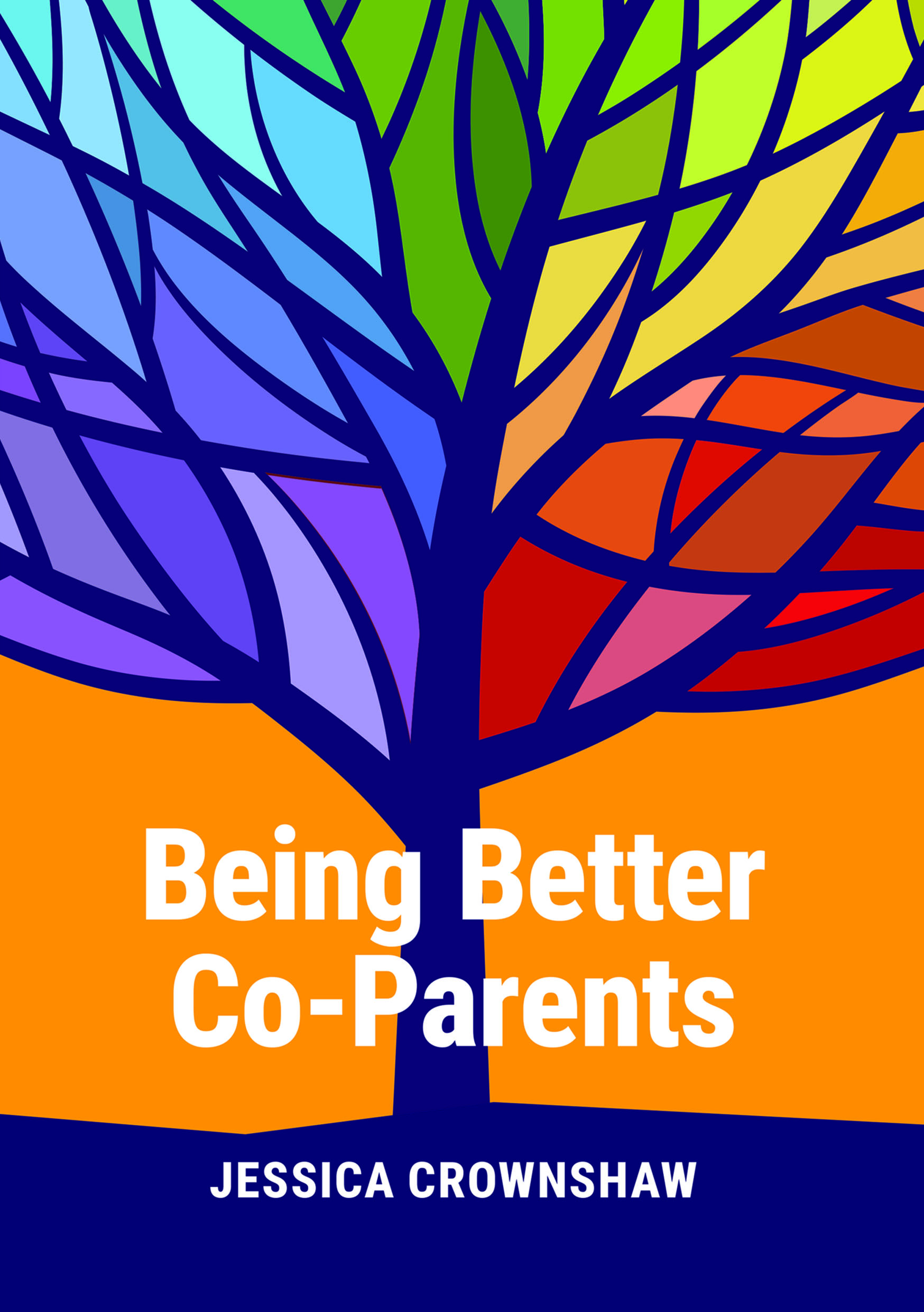

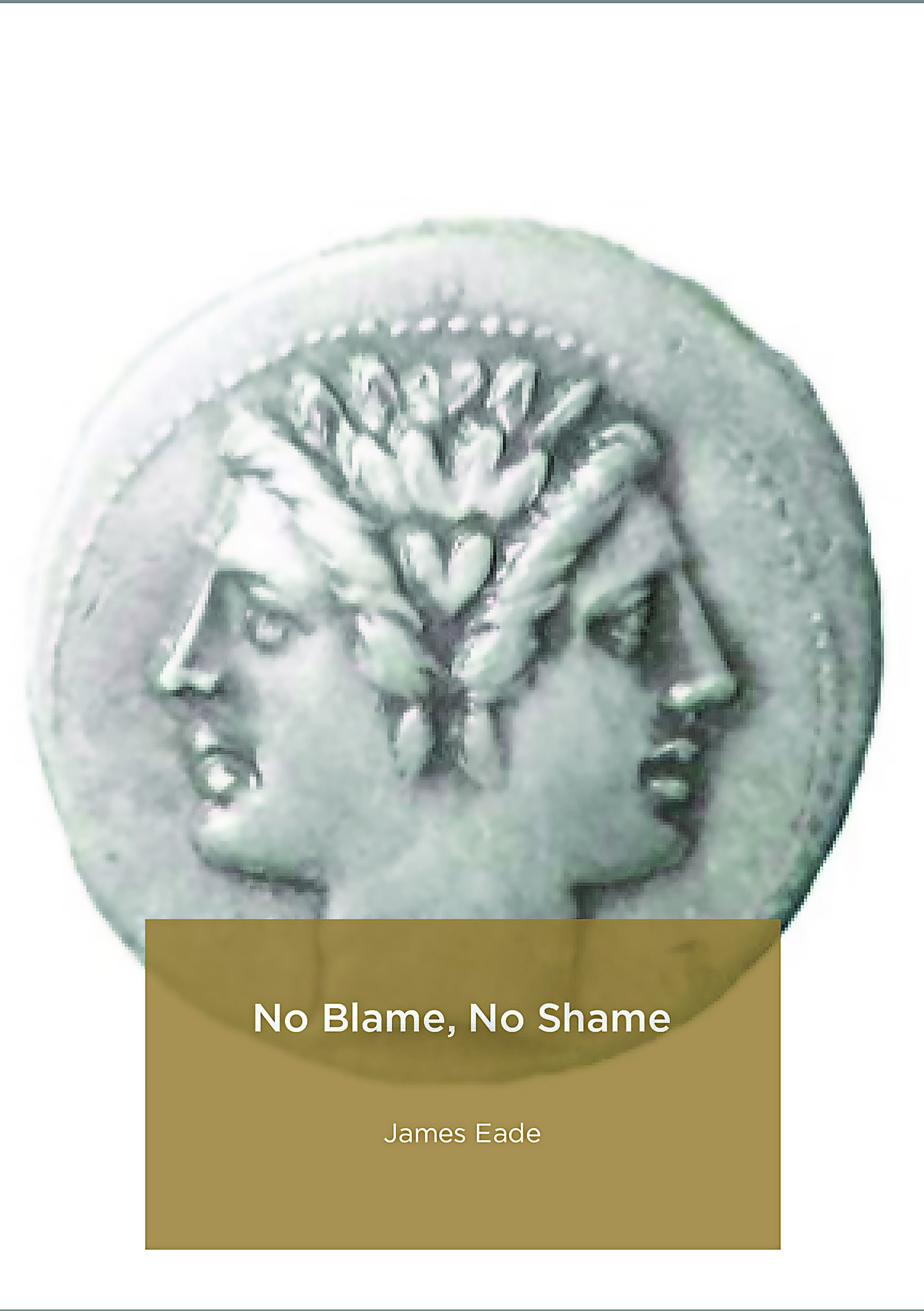

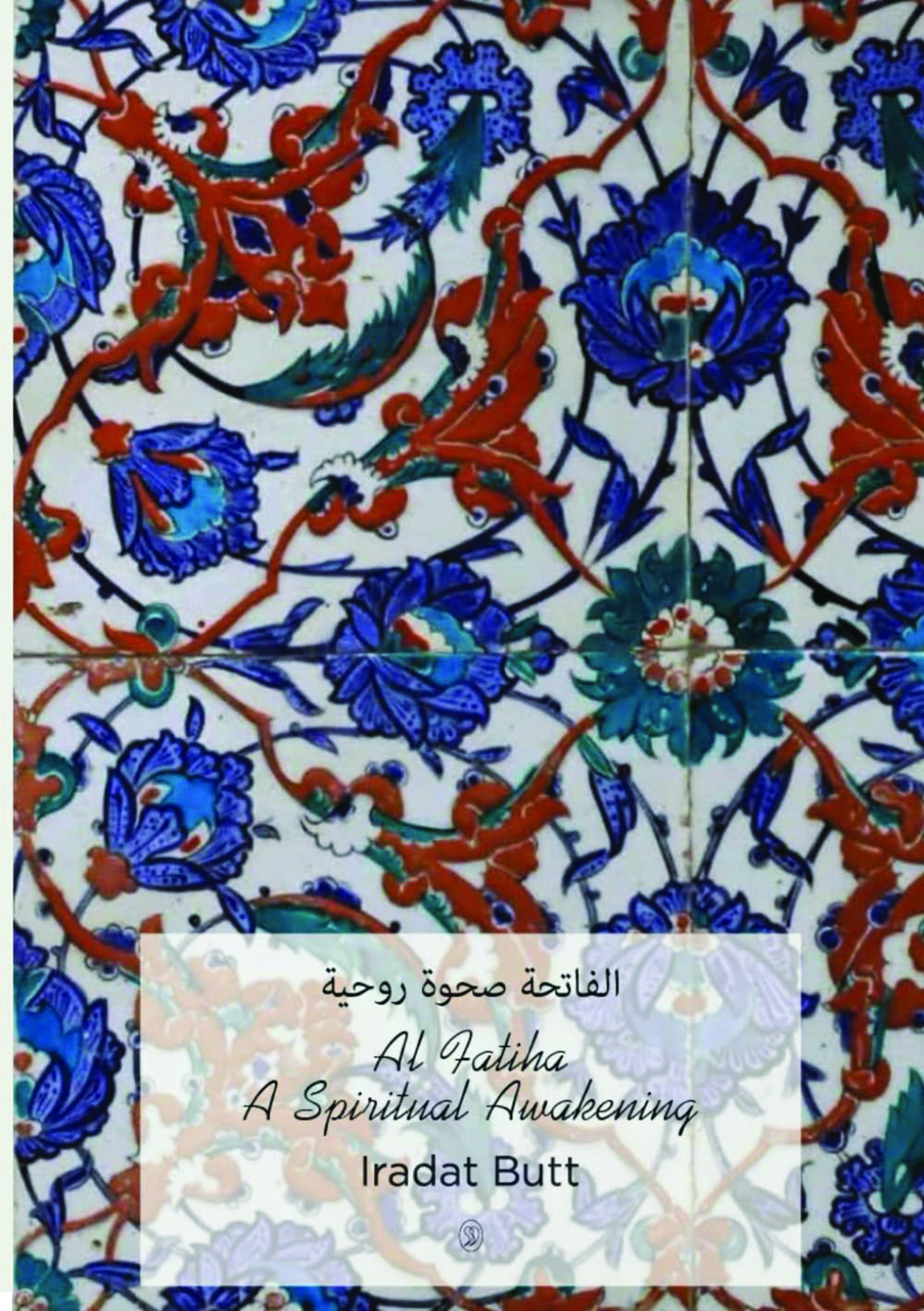

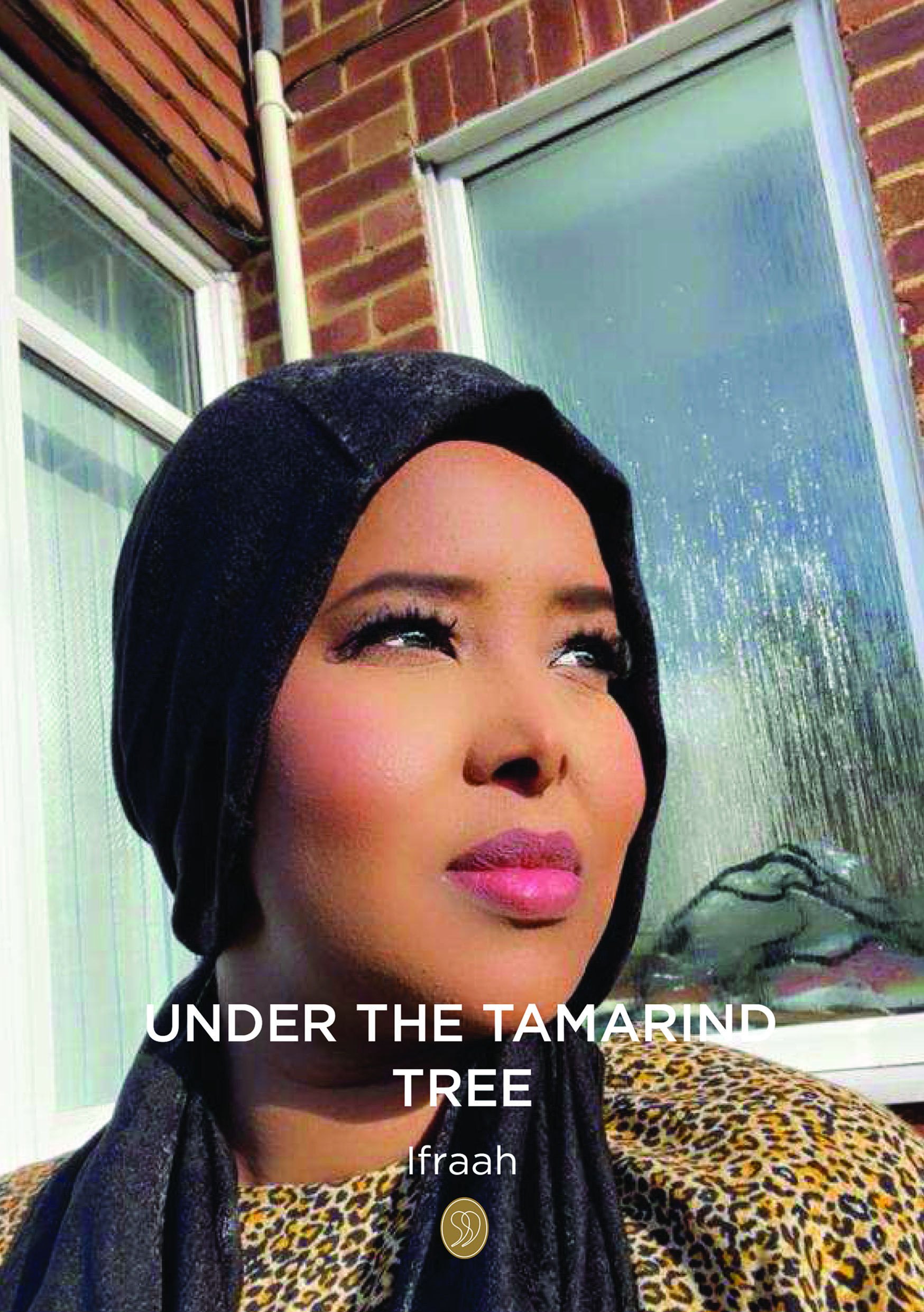

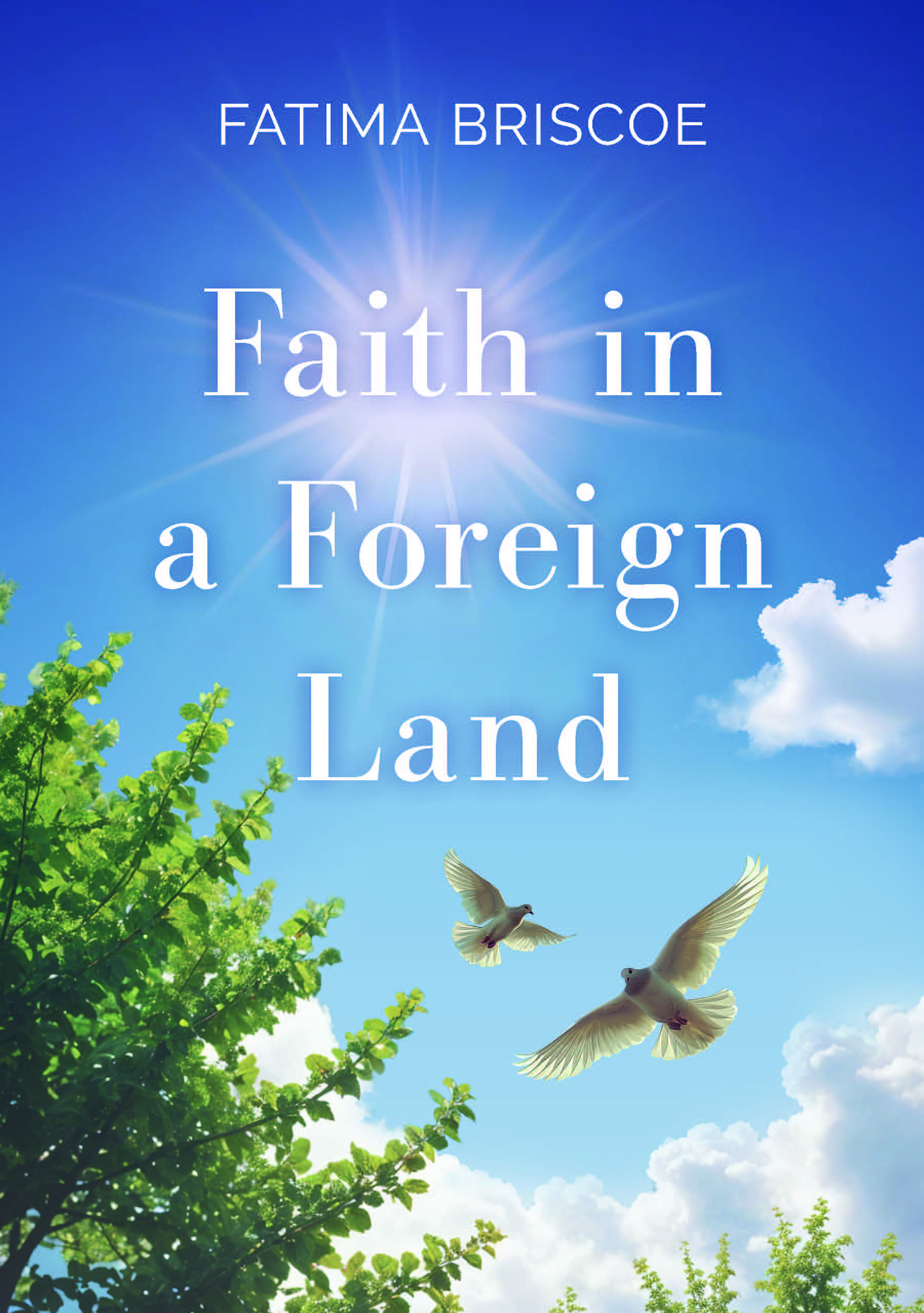

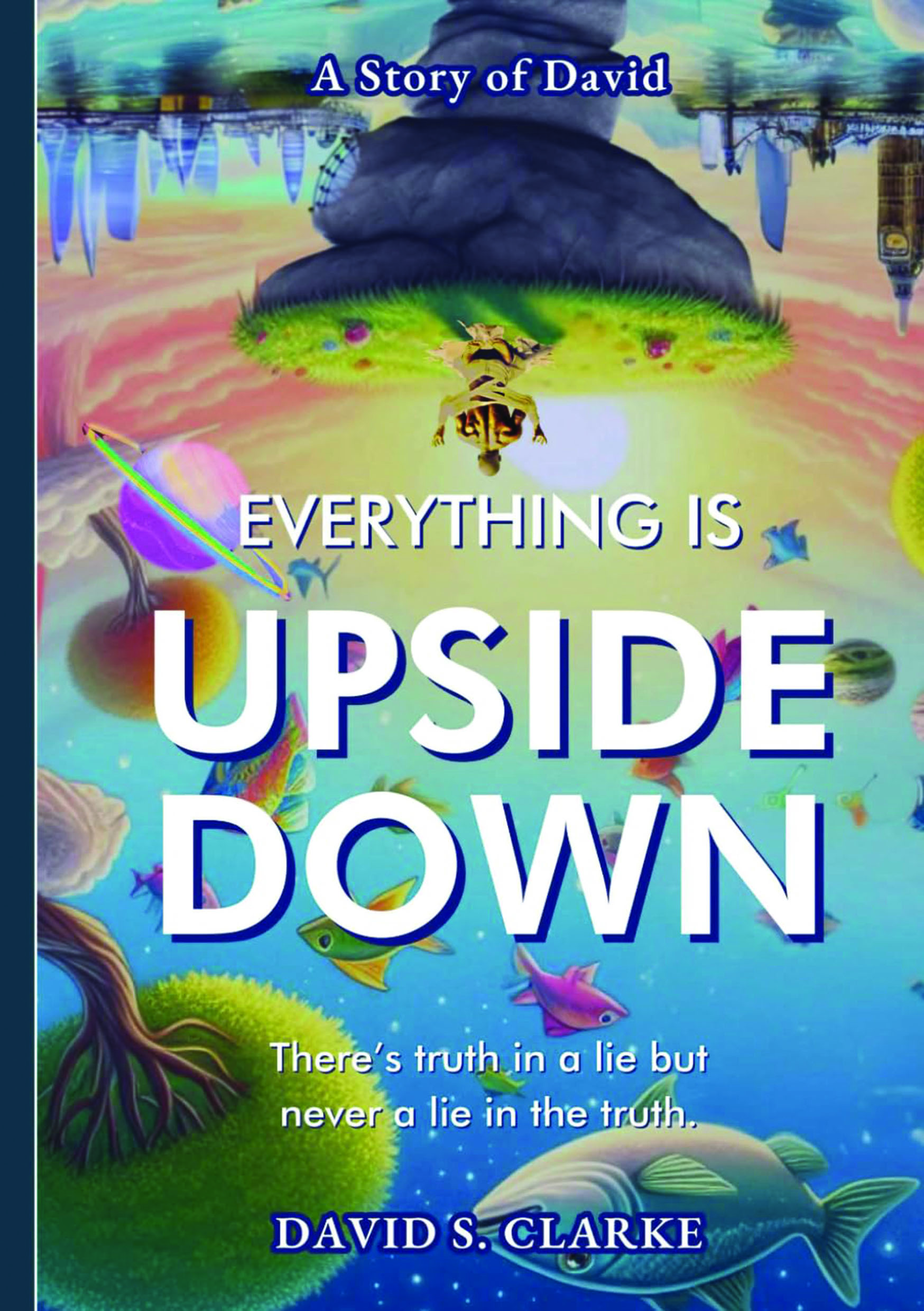

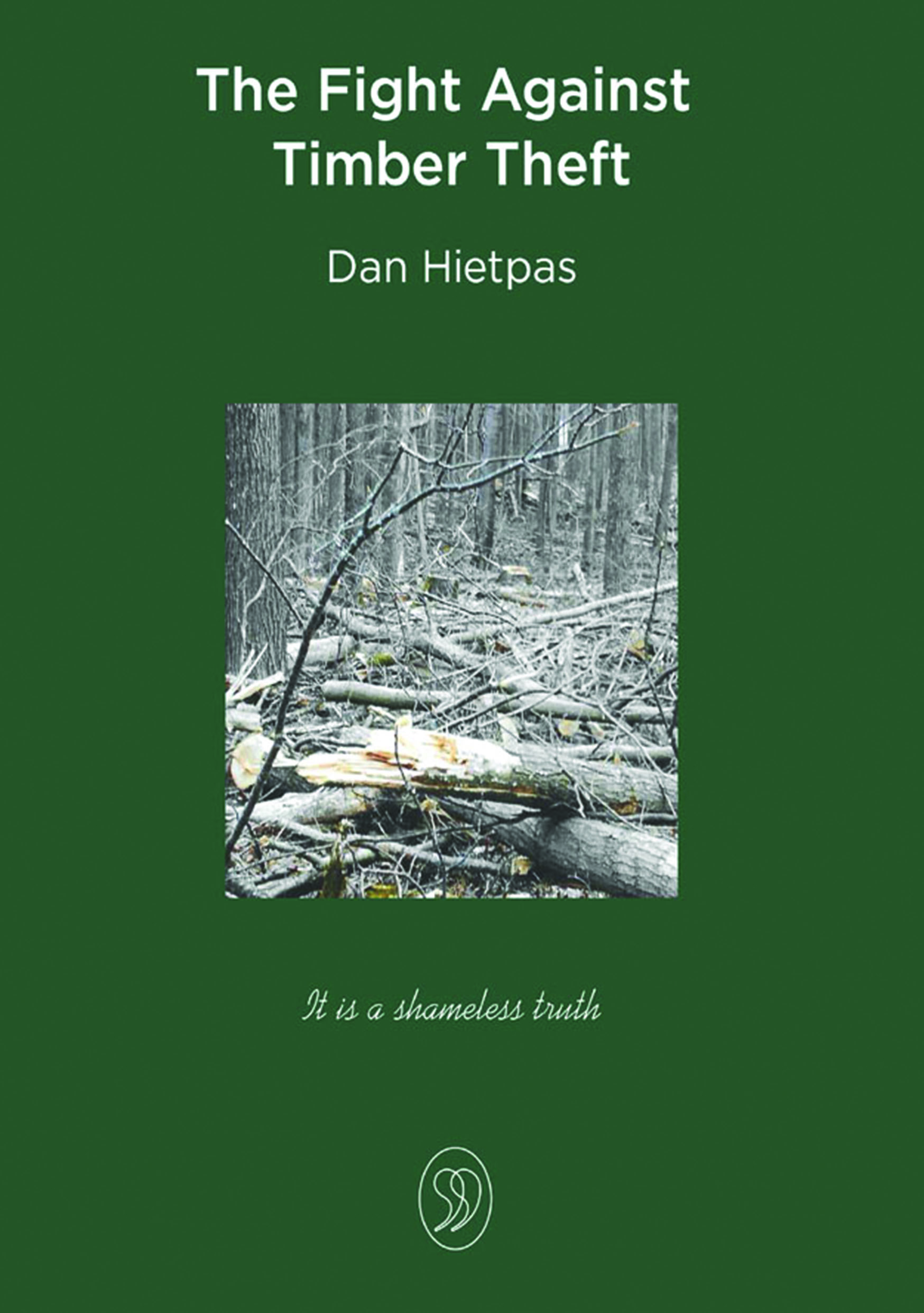

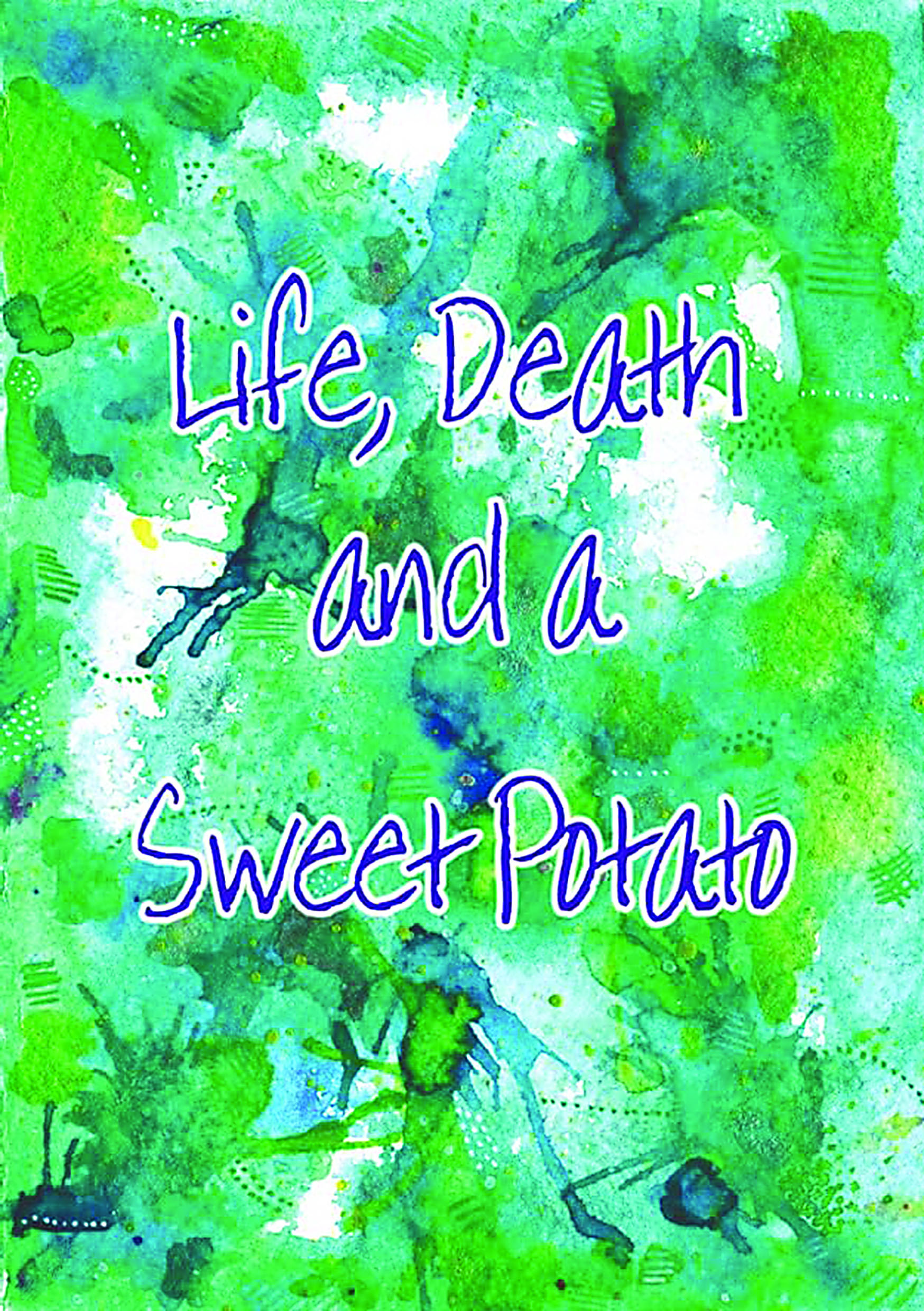

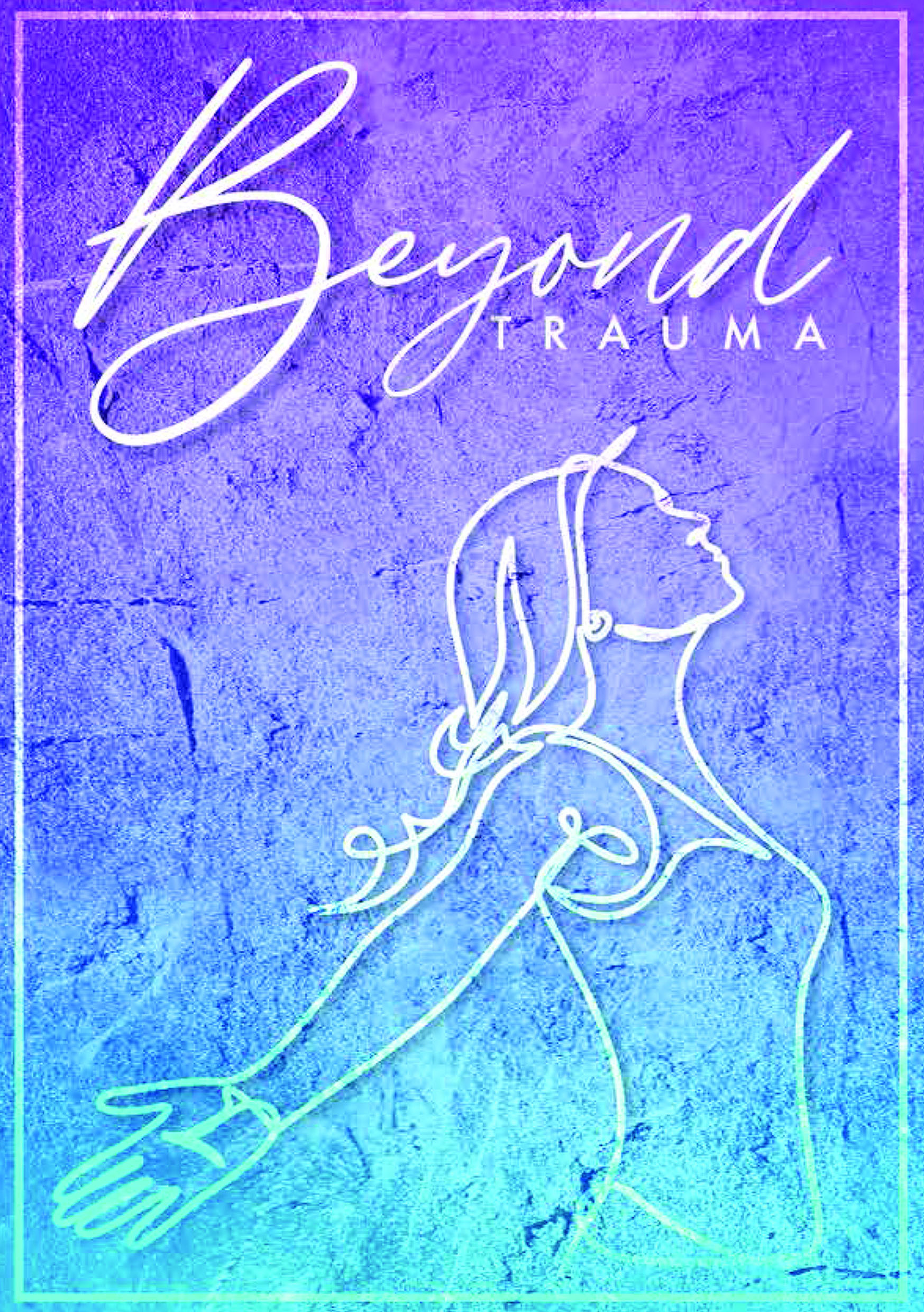

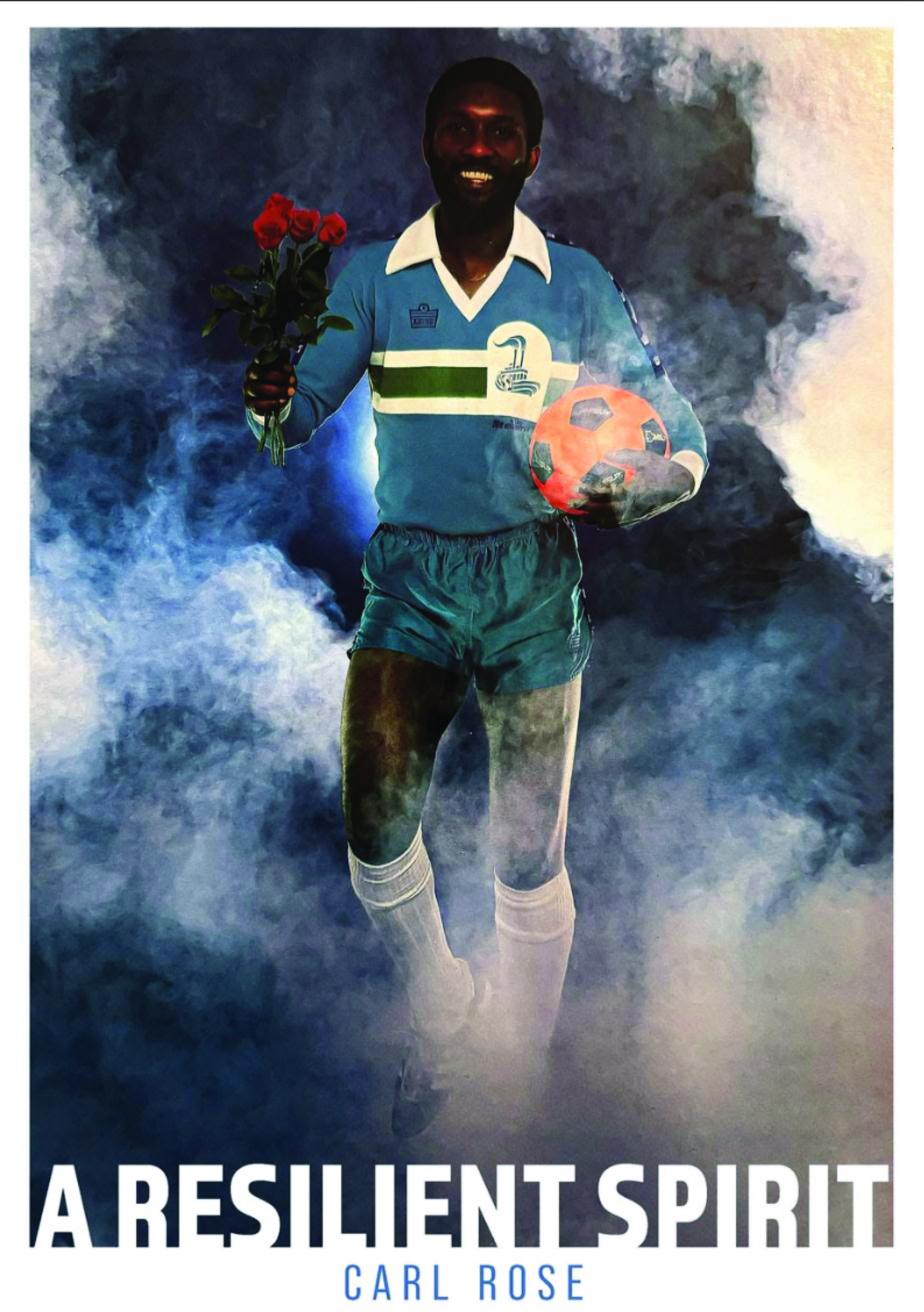

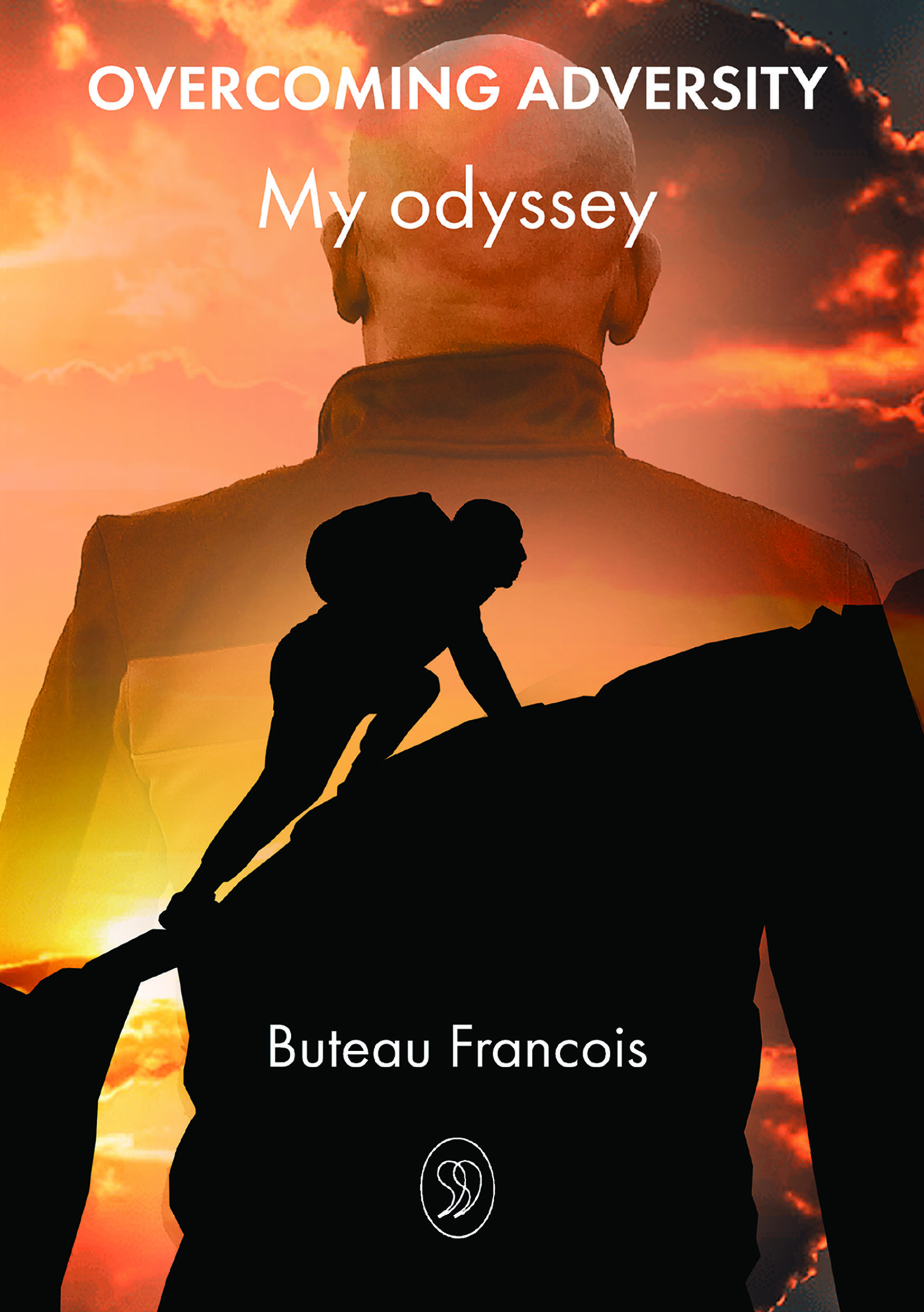

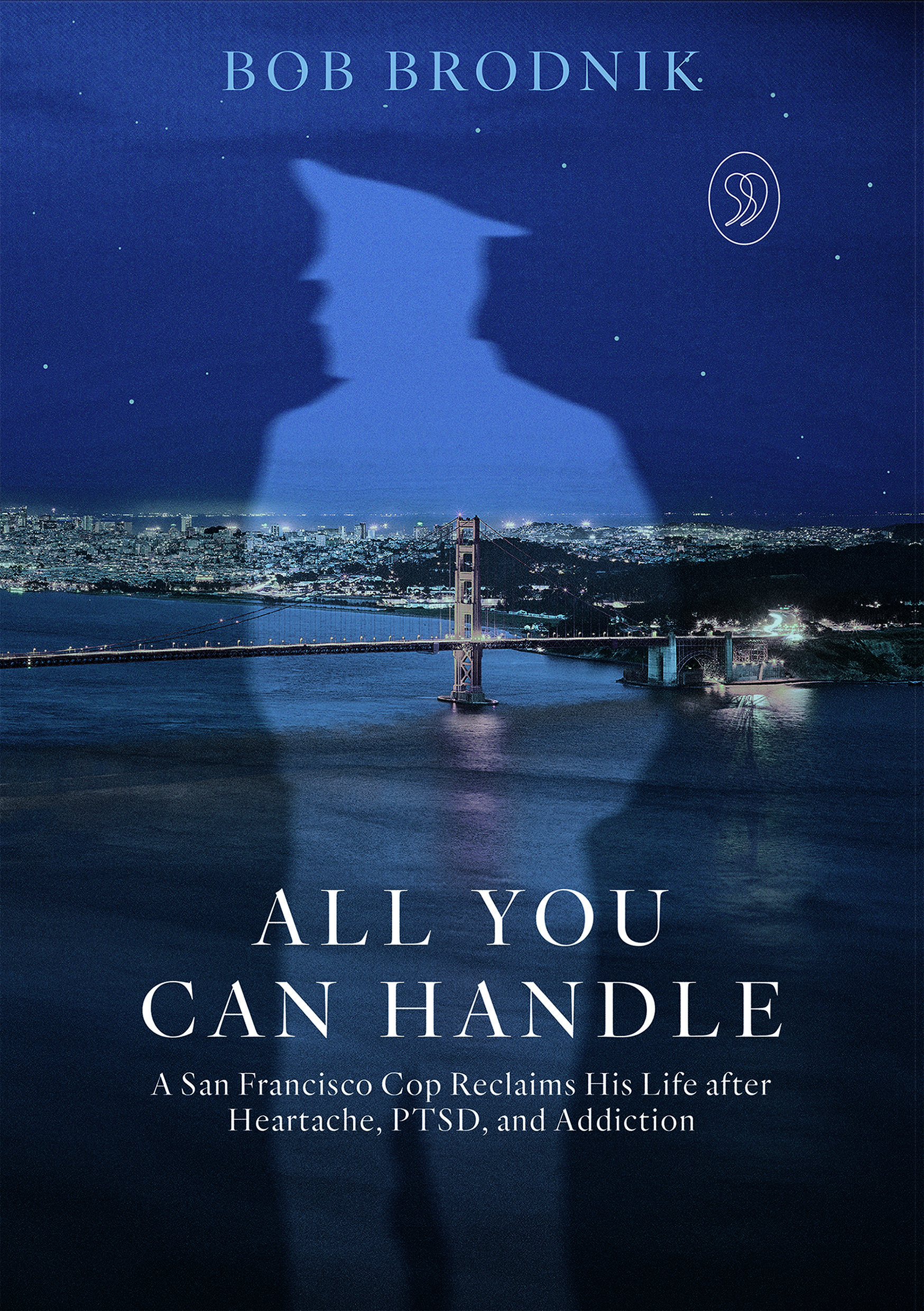

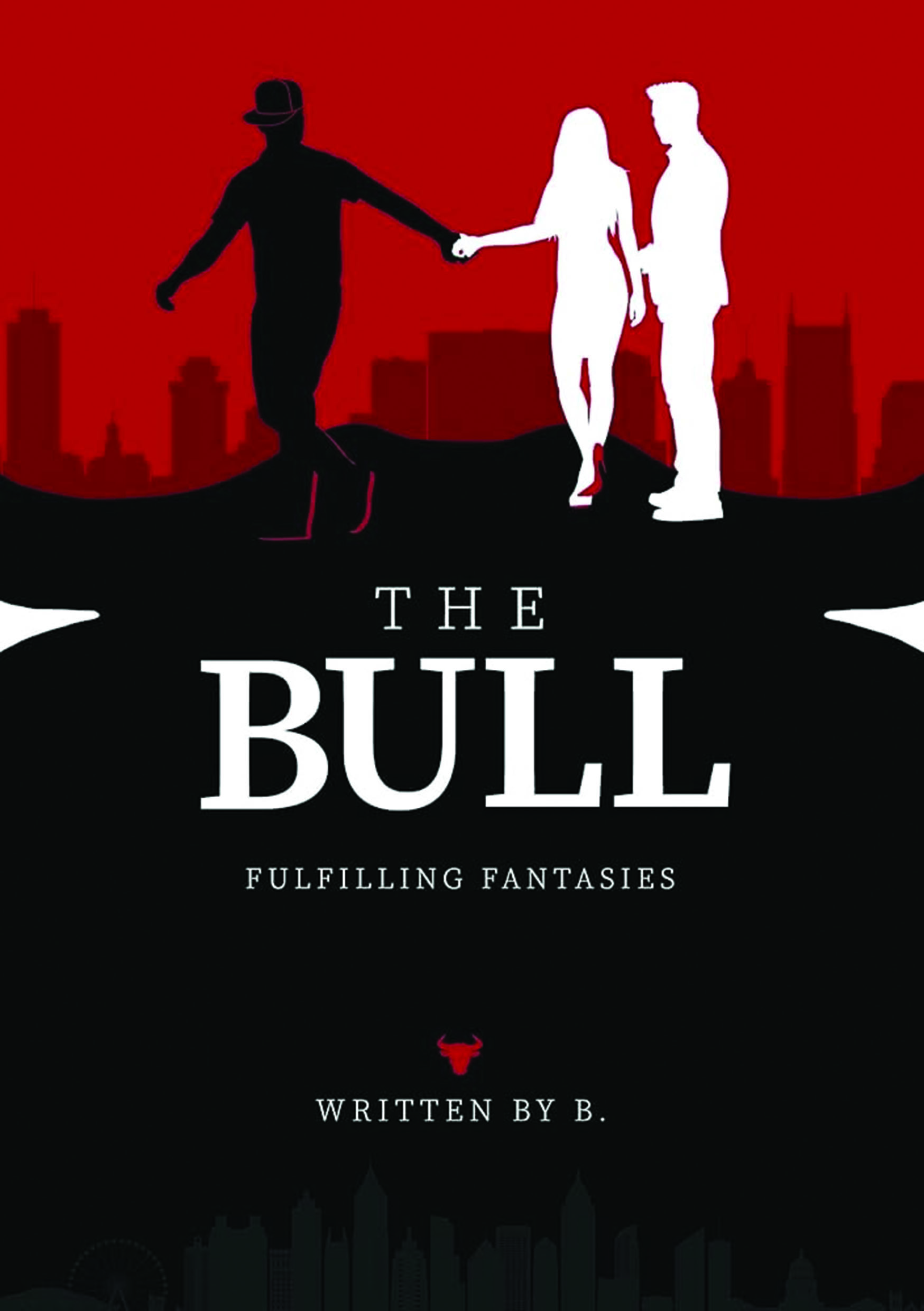

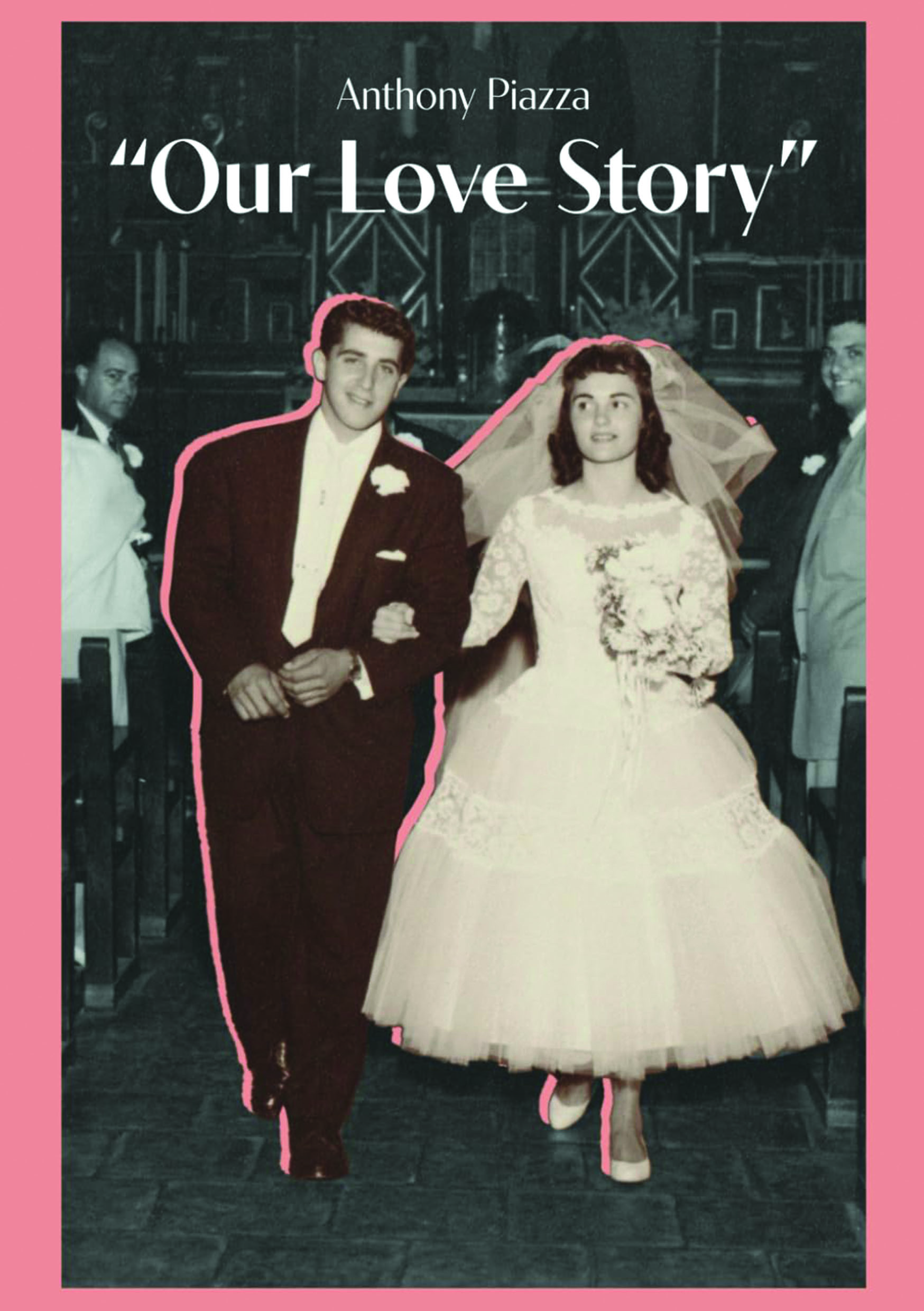

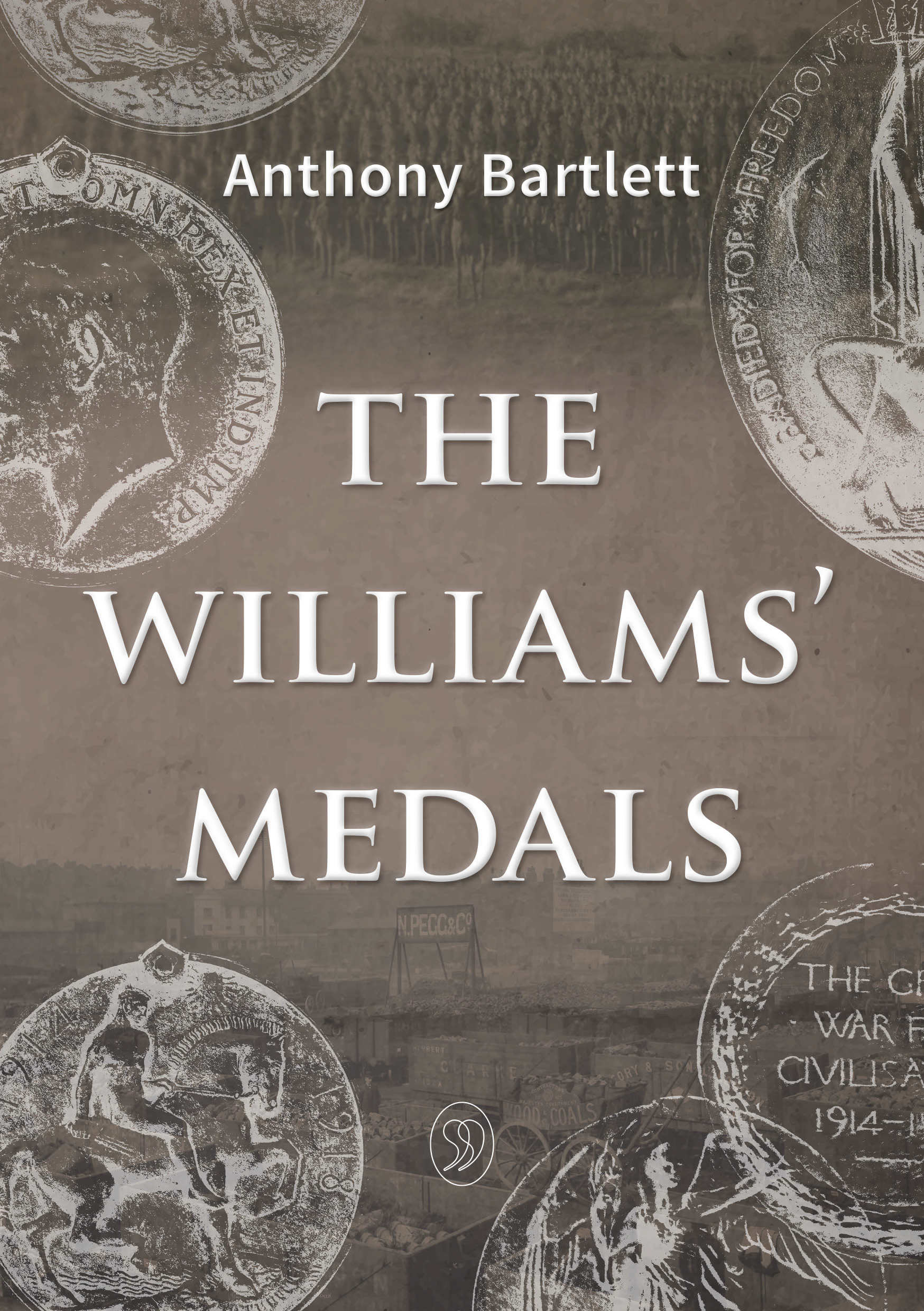

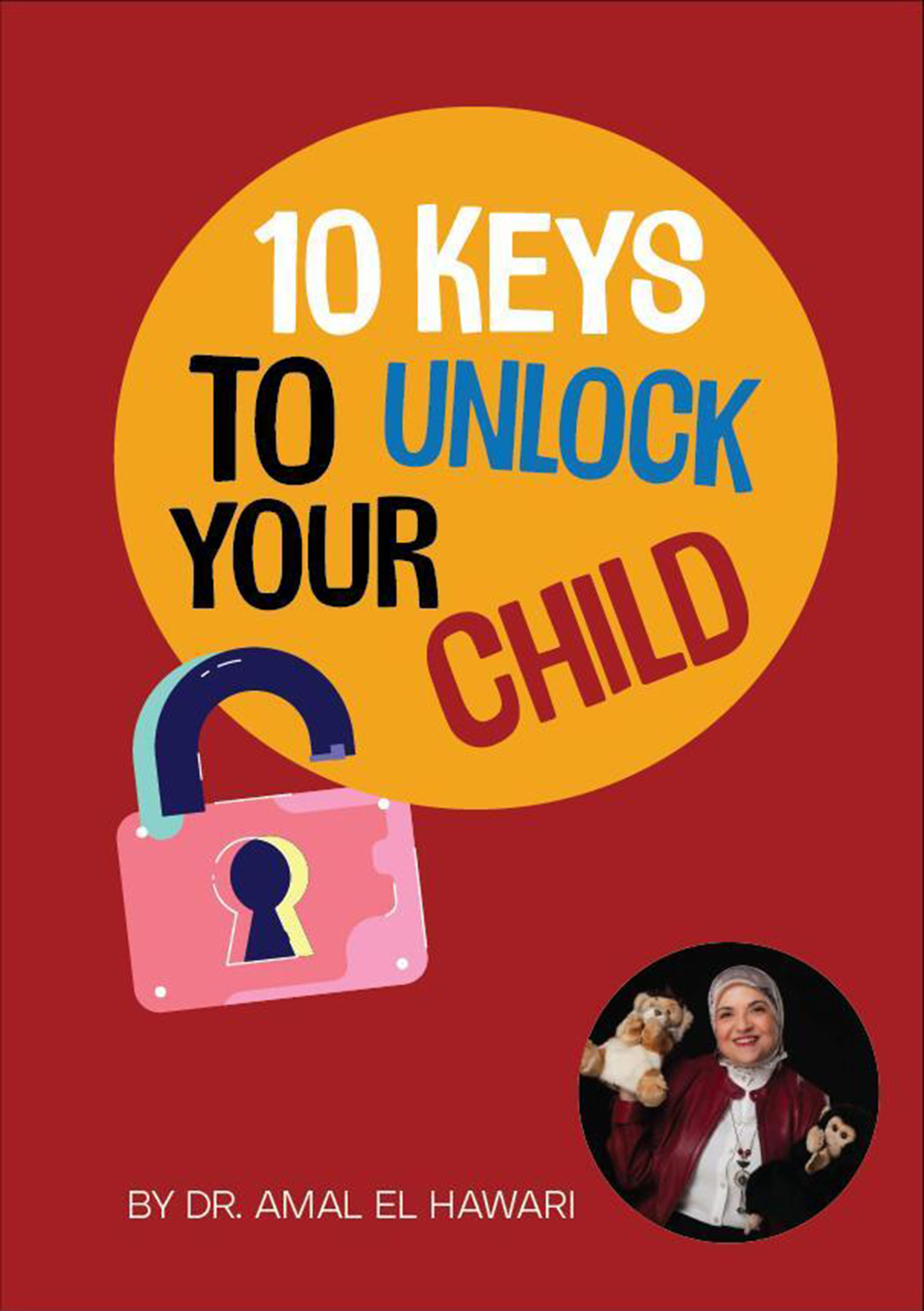

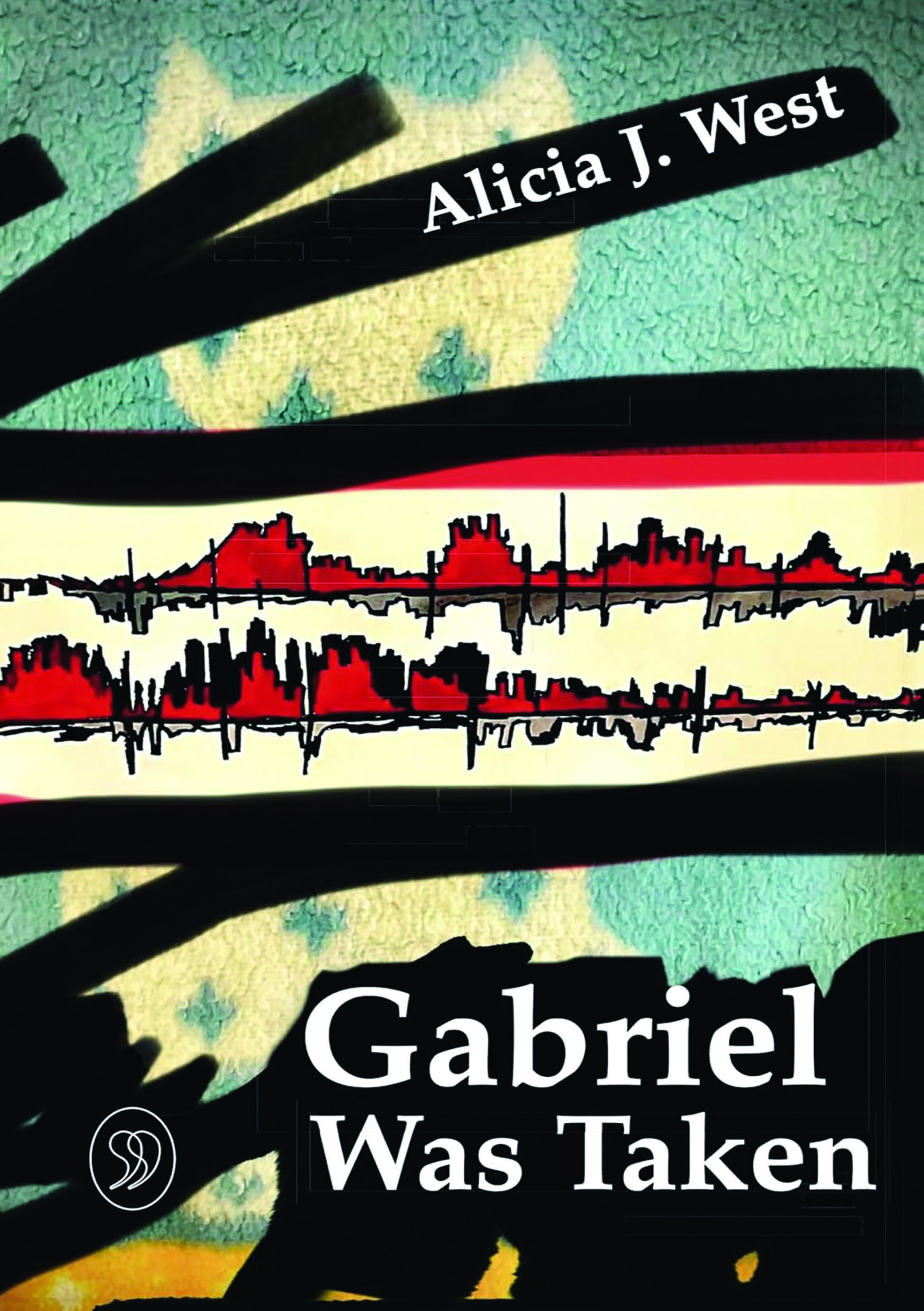









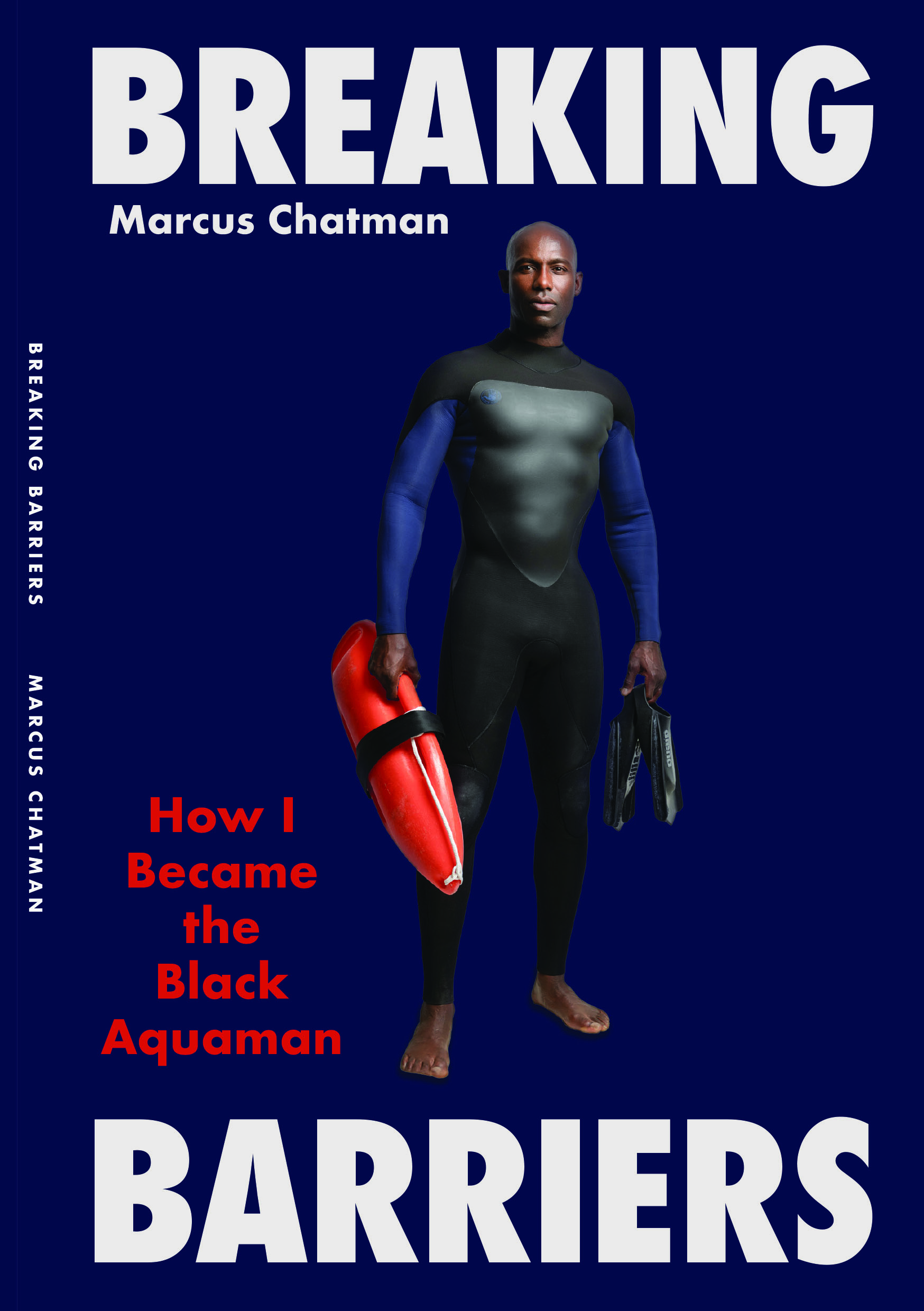



.jpg)









.webp)


























